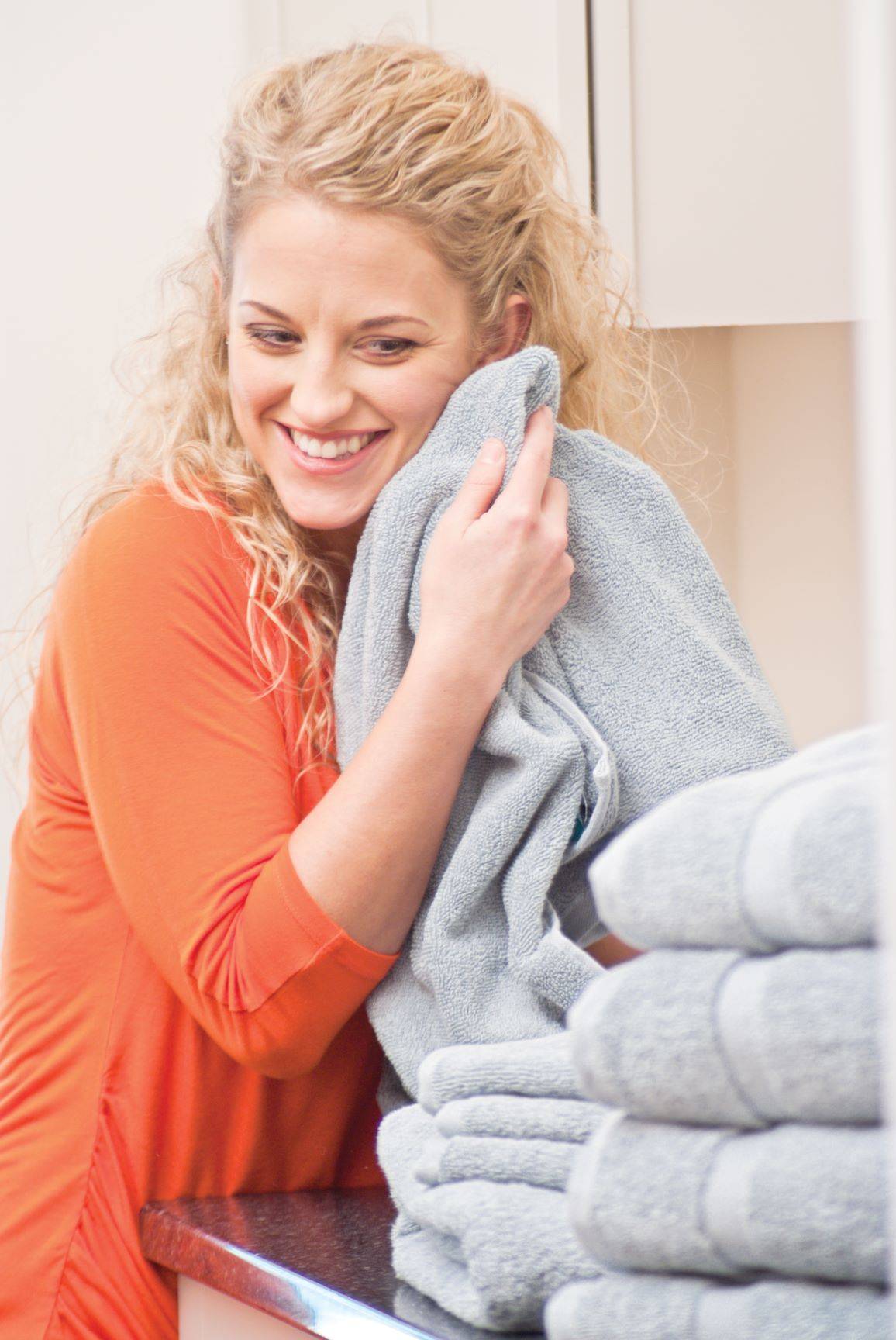
Believe it or not, the differences between hard and soft water can drastically affect your life. Soft water prevents scale buildup in pipes, increases the effectiveness of soap and detergent and extends the life of water-using appliances.
Water softeners reduce your water’s hardness, but customers often want to know what the difference between hard water and soft water is and how soft your home water needs to be.
To begin to answer those questions, let’s start with an experiment done by the Technical Director and CEO C.F. ‘Chubb’ Michaud. In his ‘How Soft is Soft Water?’ experiment, Michaud tests the effectiveness of soap in varying degrees of soft water from 0 grains of hardness per gallon to 10 grains of hardness per gallon.
Test Results: Difference Between Hard Water and Soft Water
View the results below including figures 3-6 demonstrating the buildup of soap scum over time. To scroll through the images simply click on the right arrow.
*Photos courtesy of C.F. ‘Chubb’ Michaud’s experiment.
As you can see, the softest water lathers the soap the most and leaves the least amount of soap scum. Water with softness of 1gpg is best for creating the most and longest lasting soap bubbles.
Hard water contains high levels of calcium and magnesium ions. They do not pose any harm to your health, but they do cause buildup on your pipes and keep your soap from properly lathering.
Get answers to all your questions about hard water in your home.
What does it mean to have “hard” or “soft” water?
Hard water contains a noticeable amount of dissolved minerals, namely calcium and magnesium, but also chalk and lime.
Soft water is treated water that only contains sodium.
What are some indicators of hard water around your home?
Signs of hard water in your home include:
- White scaling on faucets
- Soap scum on tubs and sinks
- Dingy whites from your laundry
- Mineral residue left on dishes and glassware
What else can hard water affect?
Hard water can also affect how well clothes are cleaned, skin and hair, and how water heats in your hot water tank.
Hard Water and Soaps: Hard water and any type of soap don’t mix well. When doing laundry, detergent and hard water won’t create a lather to properly clean your clothing, which leaves clothes dingy. Likewise, skin and hair can become dry because hard water won’t wash off hand soap and bathing soaps as well as soft water would. Basically, hard water coats your skin, not allowing the natural oils of your skin to breath.
Hot Water Tank: The minerals in hard water increase its boiling point, causing it to take longer to heat. A longer heat time requires more energy, which costs you more money. On average, 25% of your monthly electric or gas bill could be attributed to heating hard water.
What can happen from too much hard water damage?
If hard water problems are left unresolved, the mineral buildup can cause damages and expenses. Most notably, mineral build-up in your hot water tank and pipes causes inefficiencies and will be expensive to replace.
You will also spend more money on cleaning products to remove hard water stains, as well as more money on laundry and dish detergent, hand soap, bathing soaps, and lotion.
How can you remove hard water stains?
There are many natural, homemade ways to remove hard water stains.
- Half water / half vinegar mixture in a spray bottle
- Baking soda / vinegar paste
- Lemon juice in a spray bottle
Cleaners specifically made to remove soap scum and hard water build-up contain hydrochloric acid, which is a harsh chemical that should probably only be used as a last resort.
How can you prevent hard water stains?
The best way to prevent hard water stains is to get a whole house water filtration system that will eliminate the hardness from your water before it comes into your house. This way, mineral build up never has a chance to occur in your pipes or water heater.
What is Soap Scum?
Adding soap to hard water creates soap scum—demonstrated in the above experiment. Soap scum creates undesirable rings in your tub and sticks to your clothes, dishes, skin and hair.
So, why does soap scum only happen with hard water? Adding soap to hard water actually softens it. The soap scum is the iron and magnesium removed from your water. That’s why you don’t get as many bubbles with hard water: all of the soap is going towards softening the water instead of cleaning your laundry or dishes.
Know the Differences Between Hard Water and Soft Water. Do You have hard water?
If your water leaves soap scum on your tub, sink or dishes and causes scale buildup in your pipes, you probably have hard water.
If you’re not entirely sure, sign up for a free water analysis from Clearwater Systems. We test water hardness and purity. Then, we can help you decide which water softener is right for you.



